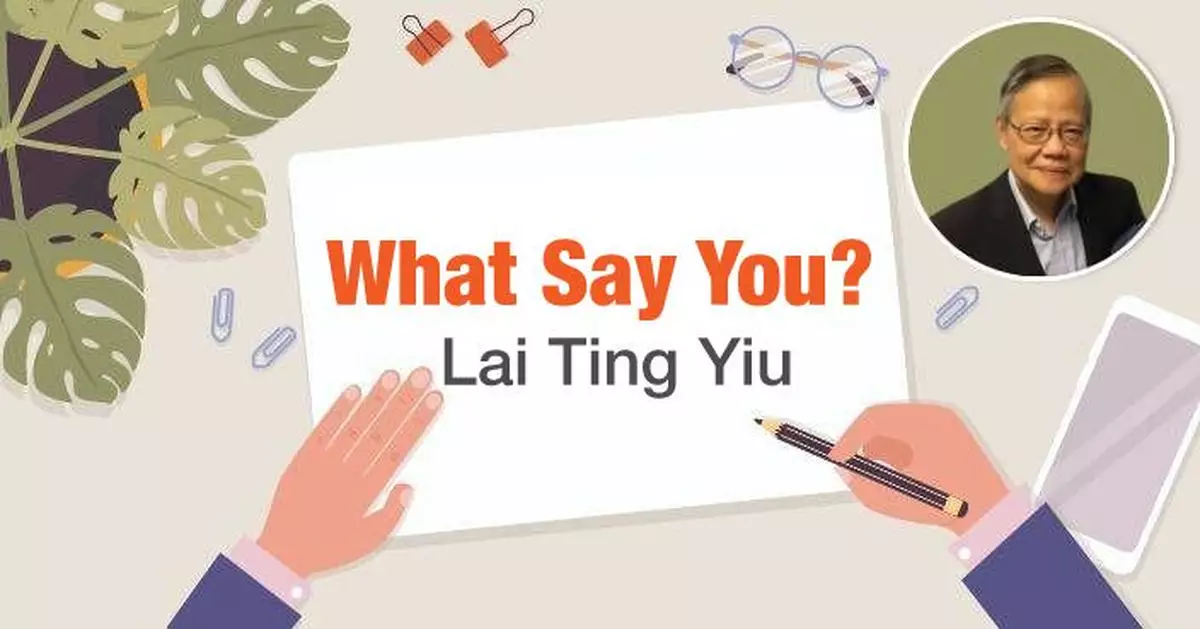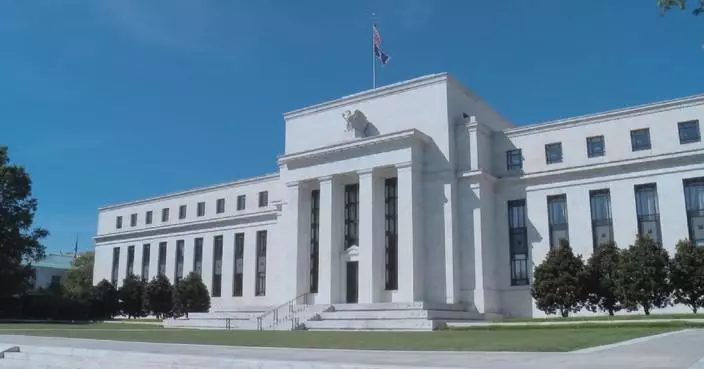In the eyes of certain international media, whatever the Hong Kong government does is always wrong. They usually choose to ignore the fact that their own governments are doing similar things if not more severe. A recent example is Bloomberg's report on Hong Kong government's proposed legislation to "enhance the security of computer systems for the protection of critical infrastructure." Bloomberg described it as "unprecedented," citing concerns from major tech companies that the government wields "excessive power," potentially undermining confidence in Hong Kong’s digital economy. Legal experts, however, have voiced strong disapproval of this perspective. One expert pointed out that in May this year, the UK passed the Investigatory Powers (Amendment) Act, which expands the powers of intelligence services, regulatory agencies, and the police to monitor online communications, including private conversations. This legislation subjects companies to potential criminal liability and international prosecution—a measure far more aggressive than what is proposed in Hong Kong. Similarly, the FBI in the United States has recently conducted raids on citizens who posted "anti-American" content online. Their overwhelming powers have received little query from western media.

Elon Musk
The UK’s Investigatory Powers (Amendment) Act, passed in May 2024, strengthens existing legislation by expanding the authority of intelligence services and regulators over internet surveillance. Platforms like Elon Musk's X are primary targets, and even private communications are subject to interception. In comparison, Hong Kong's measures appear rather minimal.
Legal experts note that while discussions often focus on the UK’s Cyber Security Act, the Investigatory Powers Act 2016 receives little attention. This legislation grants significant authority to intelligence agencies (such as MI5 and MI6), regulatory bodies (like OFCOM), and the police to intercept internet communications whenever deemed necessary for national security and the protection of British interests.
The recent amendments, approved by the UK monarch, are soon to be enacted into law. These changes aim to bolster "digital surveillance powers," enabling the collection of data from citizens' mobile communications and other digital platforms in response to evolving national security threats.
The UK’s Minister of State for Security, who spearheaded these legislative changes, spoke loudly about the need to keep pace with rapid technological advancements to counter new national security threats. Ironically, he was the same person who strongly criticized Hong Kong's Article 23 legislation, dismissing the Hong Kong government's argument that the law would safeguard prosperity and public interest as "utterly absurd." His contradictory stance—"It's right when we do it, wrong when you do it"—is difficult to overlook.

The British government’s increasing control over the internet is further highlighted by a recent media report describing how incitement on social platforms triggered significant anti-immigration riots. In response, the Communications Authority, responsible for internet regulation, is actively expanding its team from 466 to 557 members to strengthen its monitoring of illegal online content and ensure rapid responses to any violations.
A friend mentioned that the authorities are aware of the saying 'the higher the mountain, the taller the demon' and recognize the need to counter experts with experts. Therefore, they are recruiting specialists from tech giants like Meta, Google, and Amazon to join their efforts, effectively countering challenges as they arise. Additionally, the regulators have established a 'technology laboratory' in Manchester, utilizing AI to tackle illegal online content, aiming to eliminate it as early as possible.
Moreover, the British authorities are extending their reach internationally to combat online criminals in the name of national security. Recently, the Pakistani government arrested an "online media" operator for spreading hate messages in the UK, reportedly at the request of the British government, according to the New York Times.
When it comes to cracking down on online speech, the U.S. government, which frequently criticizes Hong Kong for its perceived loss of freedom, is no less aggressive. Legal experts reveal that the FBI recently raided the homes of two U.S. citizens for posting comments "detrimental to the United States" online, allegedly violating the Foreign Agents Registration Act.
These individuals had written for the Russian media outlet RT or appeared on Russia-linked TV stations, where they criticized U.S. policies on Ukraine. FBI agents seized their phones, computers, and hard drives, with charges expected soon.
Additionally, the U.S. Department of Justice recently collaborated with Canadian authorities to delete 968 fake accounts on the social platform X, claiming they were operated by Russia using AI. The true motives behind this move remain unclear, but insiders suspect it may be related to the upcoming U.S. presidential election.
As the British and American governments intensify their control over the internet, Hong Kong's efforts seem modest by comparison. Yet, Bloomberg's reporting singles out Hong Kong, raising questions about its objectivity and fairness.
What Say You?
** The blog article is the sole responsibility of the author and does not represent the position of our company. **










































